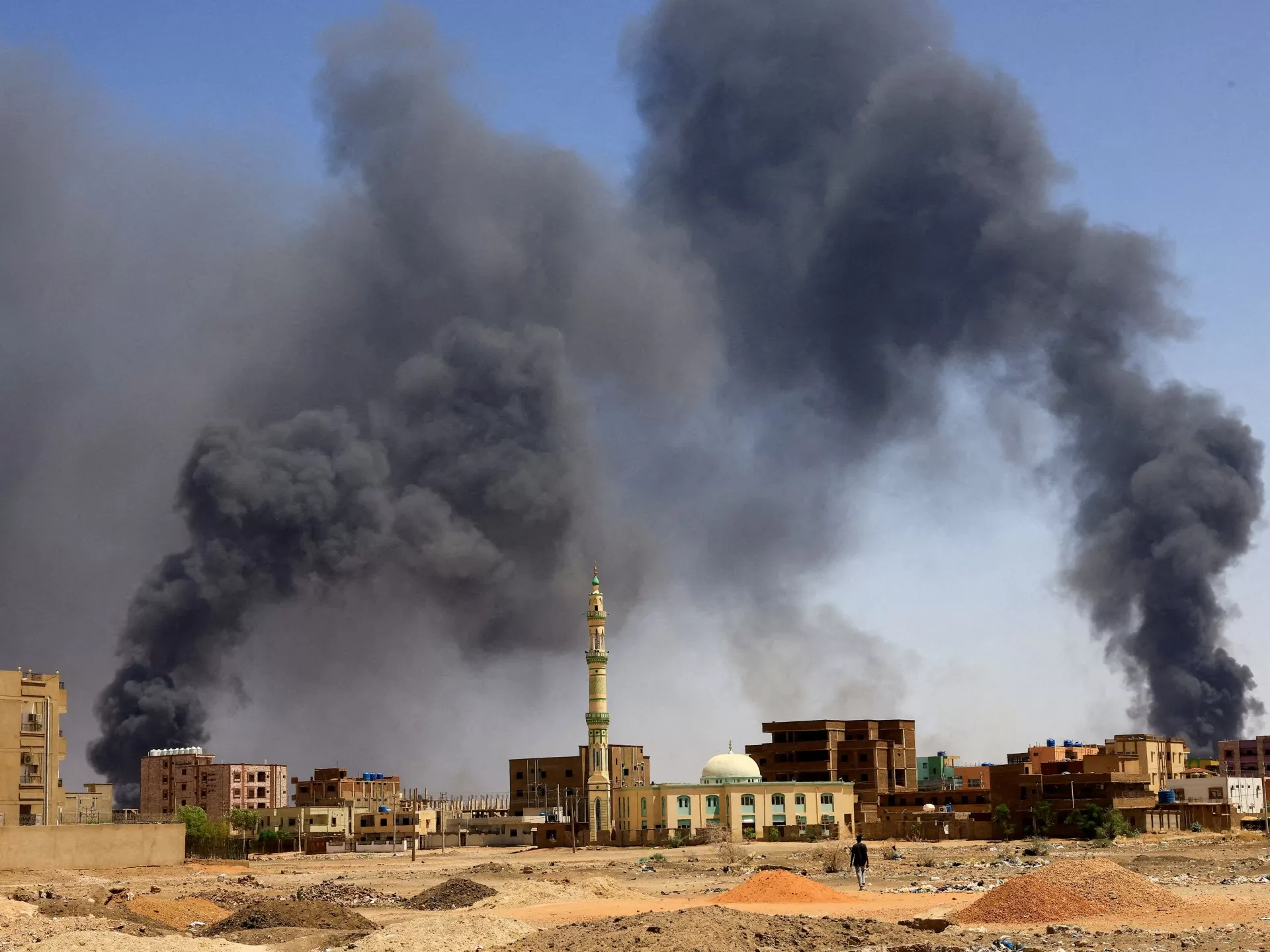A tragedy is unfolding in Sudan as a result of the brutal proxy war the Rapid Support Forces (RSF) militia has been waging on the Sudanese people and state since April 2023. This war seeks to reshape Sudan, its state, demography, and potentially its borders to further the agenda of an avaricious regional power, with the tacit approval or indifference of certain global actors.
The international community is fully aware of the unspeakable atrocities the RSF has committed against our people over the course of this war. Sudanese Armed Forces (SAF) is fully capable of defeating the RSF and putting an end to these grave violations of international law. Our forces are fighting with an unwavering determination to restore peace and stability, repair national unity, and enable our people to rebuild their lives. But we need more from the international community to end this war.
Why does the war persist?
This war would not have lasted this long without the logistical, political, and media support the RSF receives from certain regional countries. We in Sudan, therefore, call upon all peace-loving nations, as well as international and regional organisations, to unequivocally condemn external interference in Sudan’s internal affairs and demand these countries cease supporting the rebel militia with money, weapons, and mercenaries. We believe this is the shortest path to ending the war.
We also appeal to all nations, particularly our valued allies, to condemn the crimes and atrocities committed by the RSF, along with its serious violations of international humanitarian law. The militia’s breach of the Jeddah Declaration on the protection of civilians and the delivery of relief warrants a decisive and deterrent international response.
The quest for peace
Sudan welcomes all serious initiatives aimed at restoring peace and stability. However, we remain steadfast in our commitment to the Jeddah platform as the forum for negotiating a ceasefire. We insist on implementing the resolutions of the Jeddah platform, which include protecting civilians and allowing them to return to their homes as a prerequisite for reaching a final agreement on a ceasefire.
The Jeddah Declaration remains the only binding and practical framework for addressing humanitarian issues and protecting civilians. It provides the most feasible basis for a ceasefire and lasting peace. Had it been implemented in good faith at the time of its signing, just four weeks after the war began, it could have led to an early peaceful settlement. Any attempt to undermine or overlook it will further derail the peaceful resolution of the crisis.
Unfortunately, the lenient or empathetic attitude of several influential members of the international community towards the RSF’s disregard for the Jeddah Declaration and relevant UN Security Council resolutions, particularly Resolution 2736 (2024), serves to allow the militia to buy time and avoid making a commitment to peace.
No imminent famine
While we continue our efforts to bring peace, security and stability to the Sudanese people, we remain committed to protecting and delivering aid to those in need. Despite the militia’s concerted campaign to starve the population in certain regions of the country, Sudan is not currently facing an imminent famine.
The militia is trying to stop farming in key food-producing regions by stealing agricultural machinery, targeting harvests, blocking irrigation canals, terrorising farmers, obstructing relief deliveries, and looting warehouses. Nevertheless, according to the latest joint survey conducted by the Ministry of Agriculture and UN specialised agencies, there is only a minor deficit in staple grains in the country, which occasionally happens even in times of peace, due to different reasons, such as rain shortage.
As a contingency plan, we will cultivate sufficient quantities of sorghum, the main staple grain, in safe states, even those where it is not traditionally grown. For wheat, which is primarily consumed in urban centres, the country will continue to rely on imports.
Some are trying to portray the humanitarian challenges our country is facing as dependent on a particular border corridor, but this is highly misleading. Currently, five border corridors are open for aid passage, in addition to seven international airports ready to receive aid flights. The recent statement by Doctors Without Borders (known by its French initials, MSF) on the seizure of its trucks loaded with medicines and therapeutic food supplies by the RSF near el-Fasher, after crossing from Chad, highlighted yet again that the real problem lies not in the closure of any specific entry point, but the militias widespread efforts to obstruct aid delivery.
As such, Sudan calls on the international community and relief organisations to fulfil their pledges of humanitarian assistance to our country. So far, only about 17 percent of these pledges have been realised.
Despite all the challenges we face, we remain determined to achieve the goals of the glorious December 2019 Revolution, put our country on the path to democracy, and form a transitional government once the war is over. The primary tasks of this government are disbanding all militias in favour of a unified national army, and holding free and fair general elections, allowing the Sudanese people to choose their leaders and express their hopes and aspirations for a better future.
The views expressed in this article are the author’s own and do not necessarily reflect Al Jazeera’s editorial stance.
